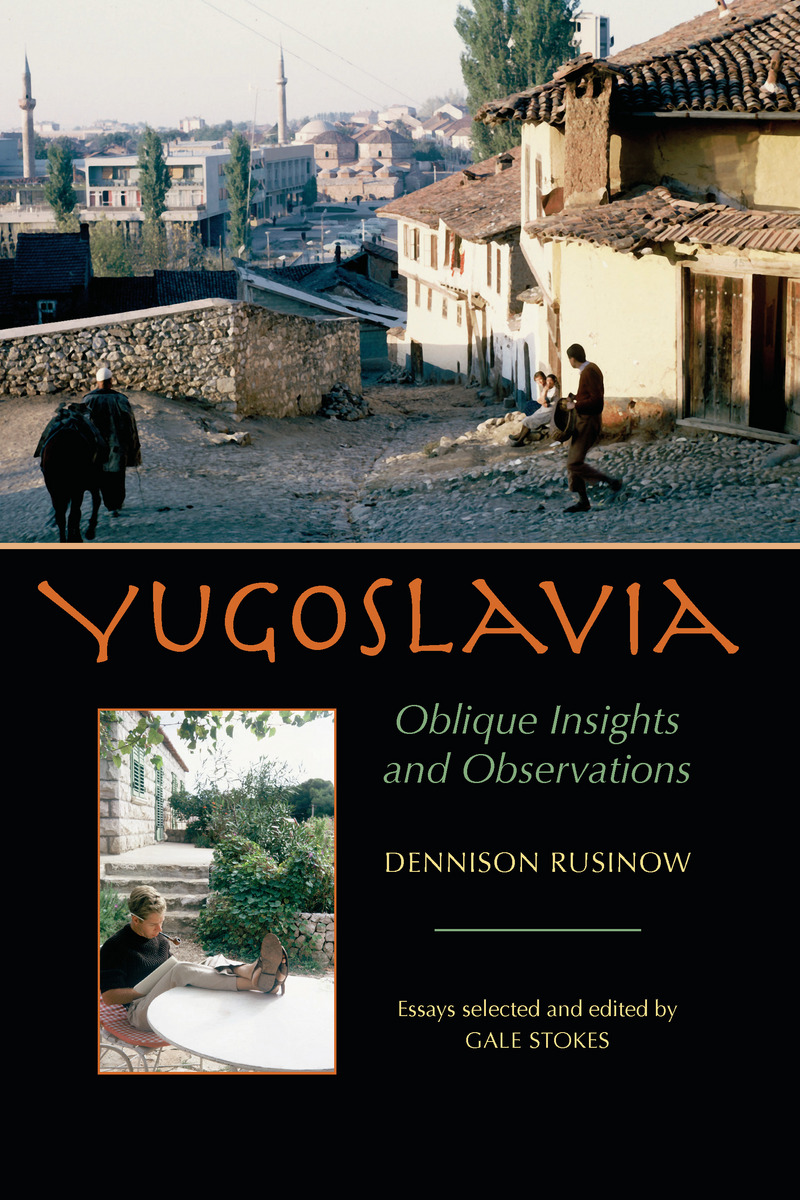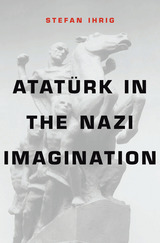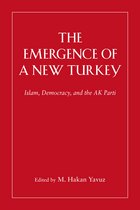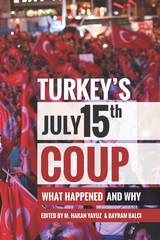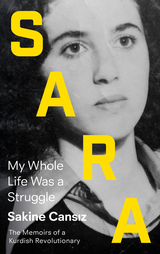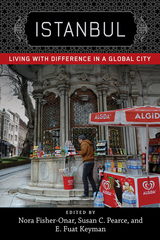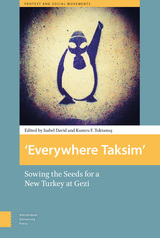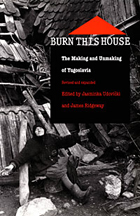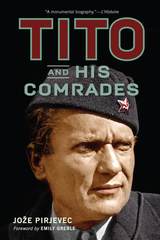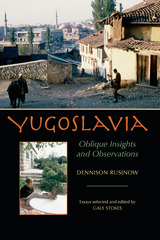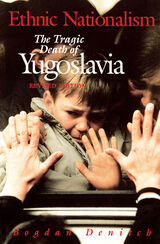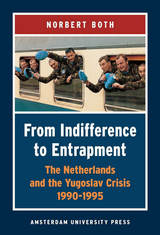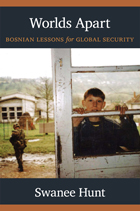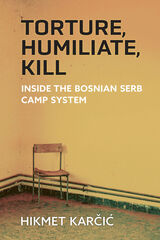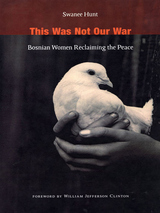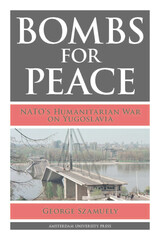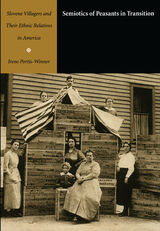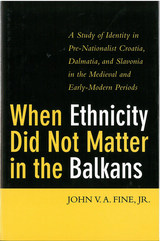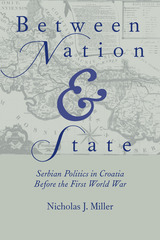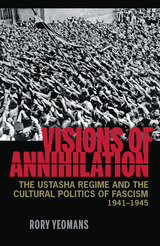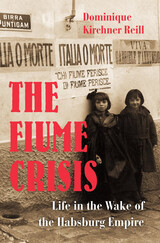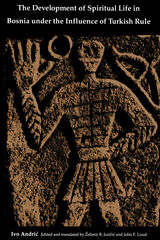Yugoslavia: Oblique Insights and Observations
University of Pittsburgh Press, 2008
Cloth: 978-0-8229-4361-7 | Paper: 978-0-8229-6010-2 | eISBN: 978-0-8229-7349-2
Library of Congress Classification DR1301.R87 2008
Dewey Decimal Classification 949.7023
Cloth: 978-0-8229-4361-7 | Paper: 978-0-8229-6010-2 | eISBN: 978-0-8229-7349-2
Library of Congress Classification DR1301.R87 2008
Dewey Decimal Classification 949.7023
ABOUT THIS BOOK | AUTHOR BIOGRAPHY | REVIEWS | TOC | REQUEST ACCESSIBLE FILE
ABOUT THIS BOOK
Defying Stalin and his brand of communism, Tito's Yugoslavia developed a unique kind of socialism that combined one-party rule with an economic system of workers' self-management that aroused intense interest throughout the Cold War. As a member of the American Universities Field Staff, Dennison Rusinow became a long-time resident and frequent visitor to Yugoslavia. This volume presents the most significant of his refreshingly immediate and well-informed reports on life in Yugoslavia and the country's major political developments.
Rusinow's essays explore such diverse topics as the first American-style supermarket and its challenge to traditional outdoor markets; the lessons of a Serbian holiday feast (Slava); the resignation of vice president Rankovic; the Croatian Spring of 1971; ethnic divides and the rise of nationalism throughout the country; the tension between conservative and liberal forces in Yugoslav politics; and the student revolt at Belgrade University in 1968. Rusinow's final report in 1991 examines the serious challenges to the nation's future even as it collapsed.
Rusinow's essays explore such diverse topics as the first American-style supermarket and its challenge to traditional outdoor markets; the lessons of a Serbian holiday feast (Slava); the resignation of vice president Rankovic; the Croatian Spring of 1971; ethnic divides and the rise of nationalism throughout the country; the tension between conservative and liberal forces in Yugoslav politics; and the student revolt at Belgrade University in 1968. Rusinow's final report in 1991 examines the serious challenges to the nation's future even as it collapsed.
See other books on: 1945-1992 | Baltic States | Ethnic relations | Observations | Yugoslavia
See other titles from University of Pittsburgh Press
